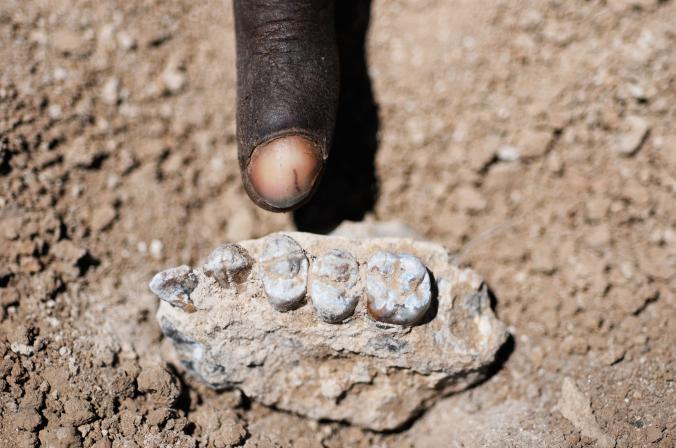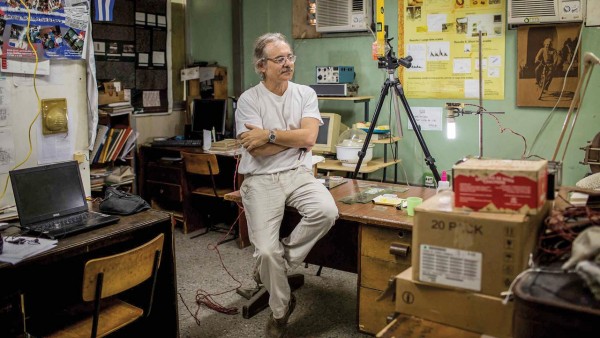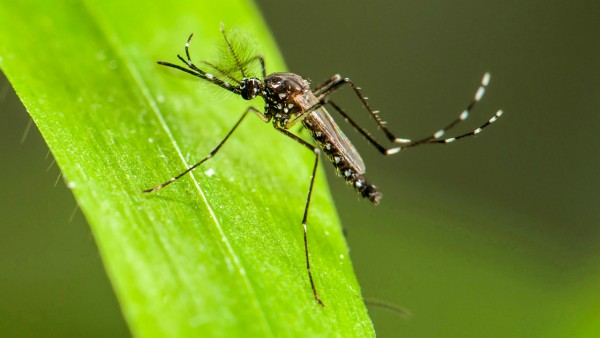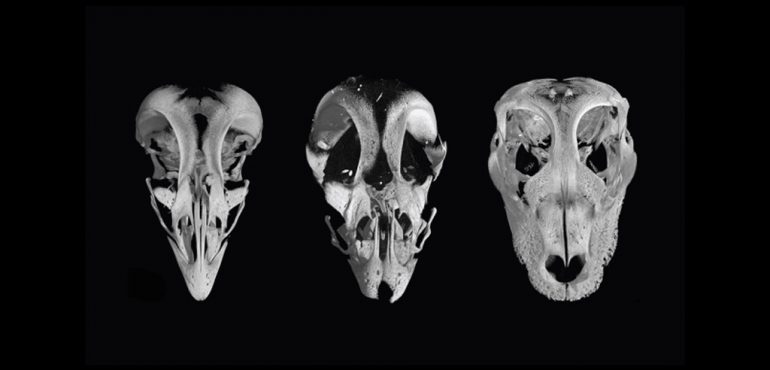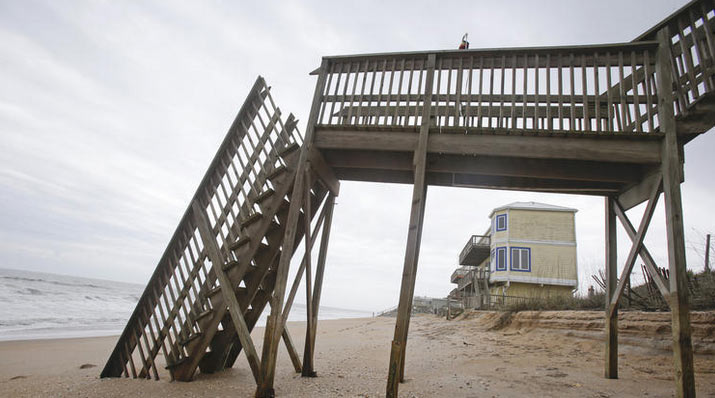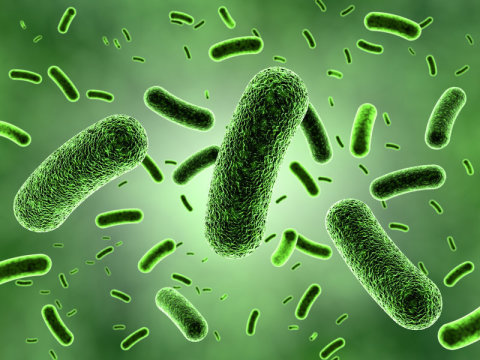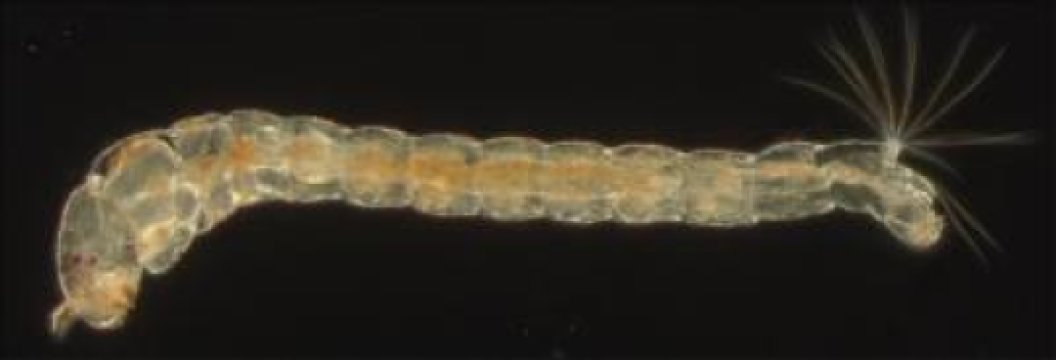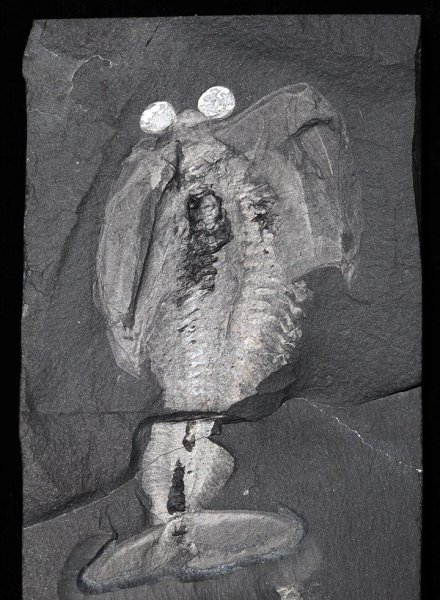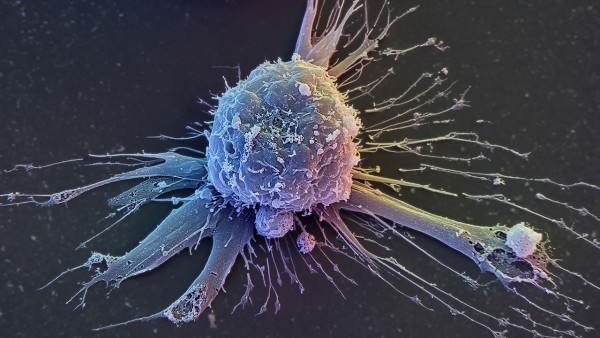More than 3 million years ago, when “Lucy” was roaming the savannah of present-day Ethiopia, she may have encountered other two-legged apes not unlike her own species, Australopithecus afarensis—yet still just a wee bit strange. Represented by jawbones from three individuals, a newly described species named Australopithecus deyrimeda adds to the scatter of evidence that…
Read more
New Species of Human Ancestor Found in Ethiopia
